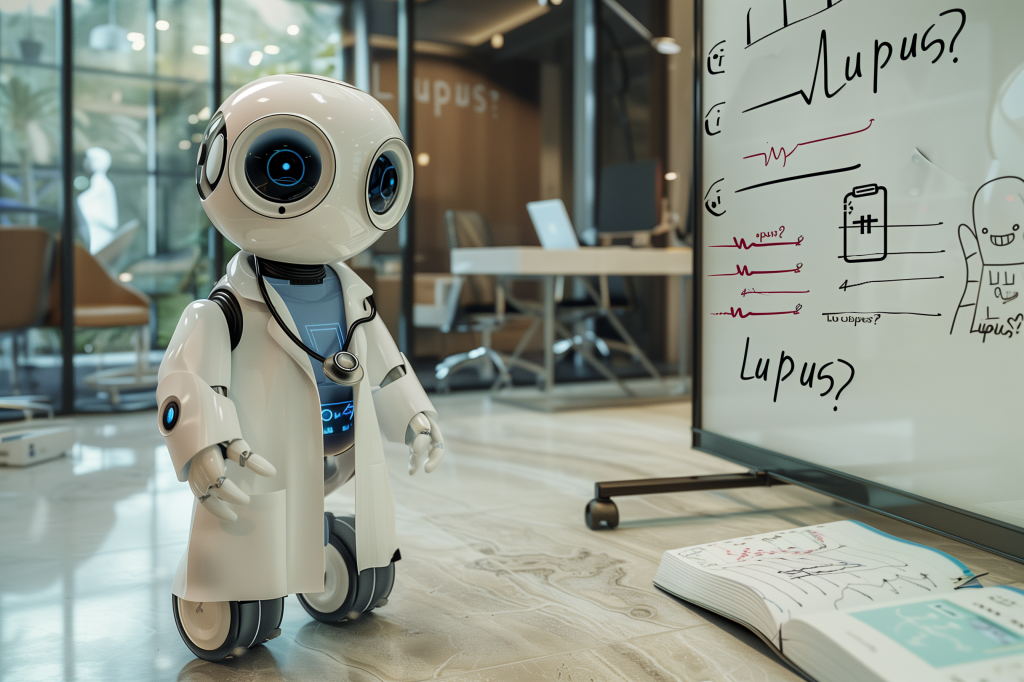In the rapidly evolving world of medicine, where knowledge doubles approximately every 73 days, doctors face the daunting task of keeping up with the latest research and developments in their fields. The immense workload and the need to stay informed have contributed to unprecedented levels of stress among healthcare professionals. However, the integration of artificial intelligence (AI), particularly through advancements in natural language processing (NLP) technologies like ChatGPT, is beginning to offer a glimmer of hope.
A study led by Dr. Daniel J. Parente at the University of Kansas Medical Center and a separate study published by the American Academy of Family Physicians have both highlighted the potential of ChatGPT in revolutionizing the way medical professionals access and digest scientific literature. These studies have shown that ChatGPT can accurately summarize complex medical studies, reducing the length of abstracts by 70% while maintaining high levels of quality and accuracy and demonstrating low bias. This capability promises to free up valuable time for doctors, allowing them to quickly identify relevant studies without having to read through each article in its entirety.
The significance of these findings cannot be overstated, especially in the context of the ongoing battle against physician burnout. According to the American Medical Association, an estimated 63% of physicians experienced symptoms of burnout in 2021. The promise of AI technology like ChatGPT lies in its potential to alleviate some of the pressures contributing to burnout, thereby addressing the looming physician shortage projected to reach up to 124,000 doctors by 2034.
ChatGPT’s high accuracy rate of 98 percent across various medical specialties—from cardiology and neurology to psychiatry and public health—underscores its utility as a screening tool for busy clinicians. Despite the concerns regarding the possibility of inaccuracies, which could endanger patients if not meticulously checked by trained doctors, serious inaccuracies were found to be uncommon. Only four out of 140 summaries contained serious inaccuracies, highlighting the importance of cautious reliance on AI-generated summaries, particularly in high-risk situations.

However, the integration of AI in healthcare is not without its challenges. A report by the American Society of Health-System Pharmacists revealed that nearly three-quarters of ChatGPT’s responses to drug-related questions were wrong or incomplete. This underscores the need for continuous improvement and validation of AI technologies before their widespread adoption in clinical settings.
Yet, despite these challenges, the ability of ChatGPT to “self-reflect” on the quality, accuracy, and biases of its written abstracts presents an opportunity for the technology to learn and improve over time. This self-reflection mechanism, a powerful language-learning tool for AI, enables chatbots to evaluate their own performance and adjust accordingly, potentially reducing the occurrence of inaccuracies over time.
The implications of employing ChatGPT in medical literature review are profound. For doctors grappling with the demands of their jobs and the necessity of staying informed, ChatGPT offers a way to navigate the ever-expanding sea of scientific knowledge more efficiently. By freeing up time otherwise spent on literature review, doctors can allocate more time to patient care, thereby enhancing the quality of healthcare delivery.
However, as AI technologies like ChatGPT continue to evolve, it is crucial to approach them with a critical eye. Physicians must balance the efficiency gains from using AI-generated summaries with the need for thorough review and verification of information, especially when making critical medical decisions. The integration of AI into healthcare, while promising, requires careful consideration of its limitations and a concerted effort to mitigate potential risks.
In conclusion, the studies from the University of Kansas Medical Center and the American Academy of Family Physicians herald a new era in medical research and practice, where AI and doctors collaborate to improve the efficiency and effectiveness of healthcare delivery. As we stand on the cusp of this technological revolution, the future of medicine looks increasingly informed, efficient, and hopeful, provided the challenges associated with AI integration are navigated judiciously.






Leave a comment